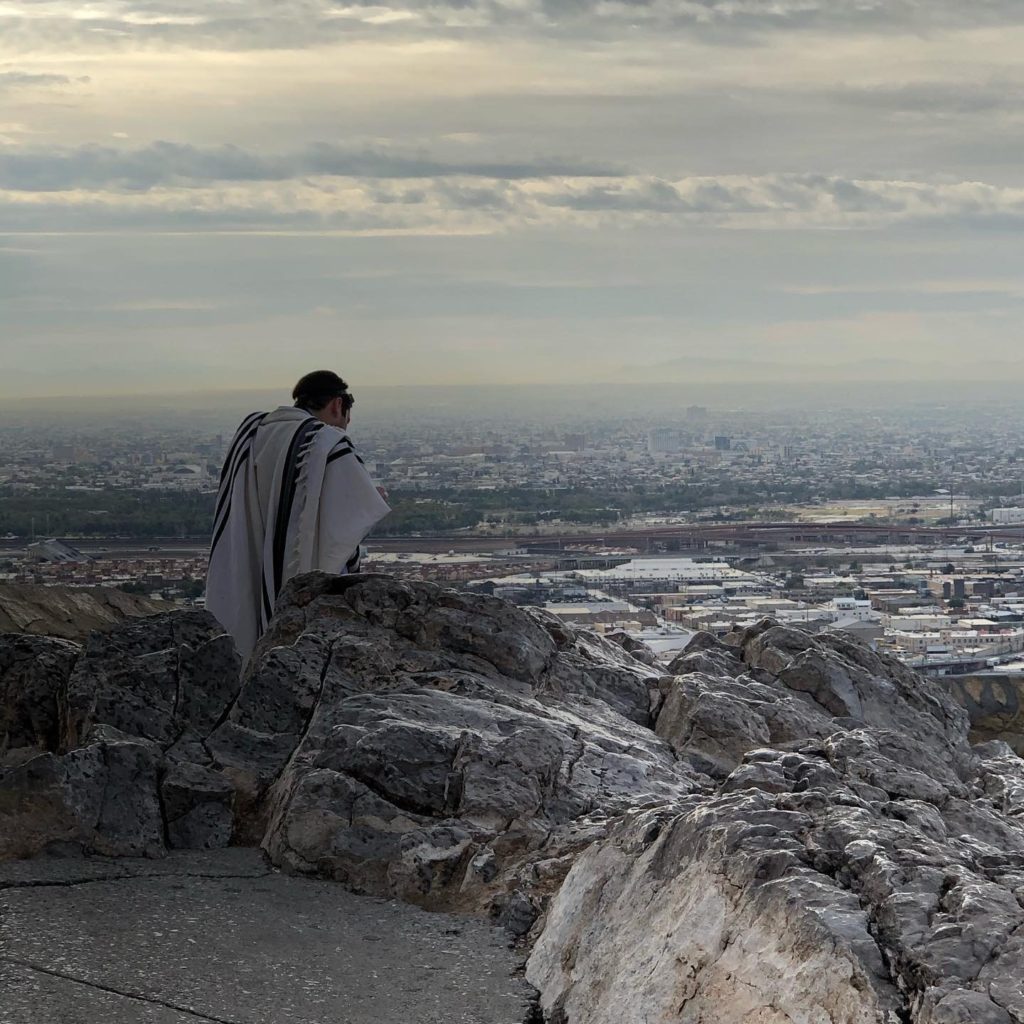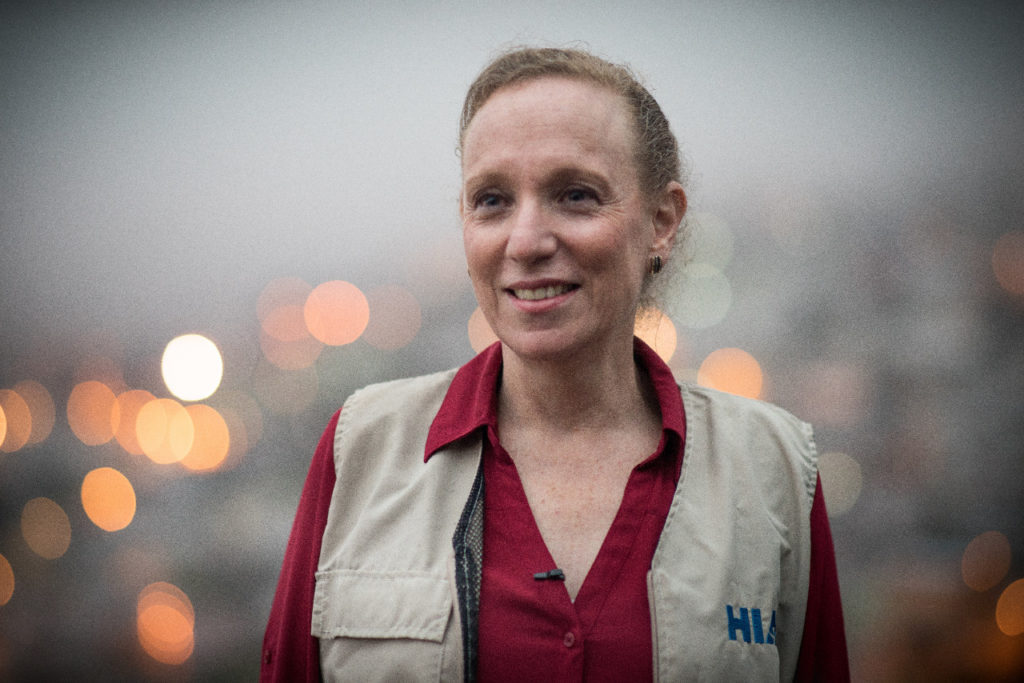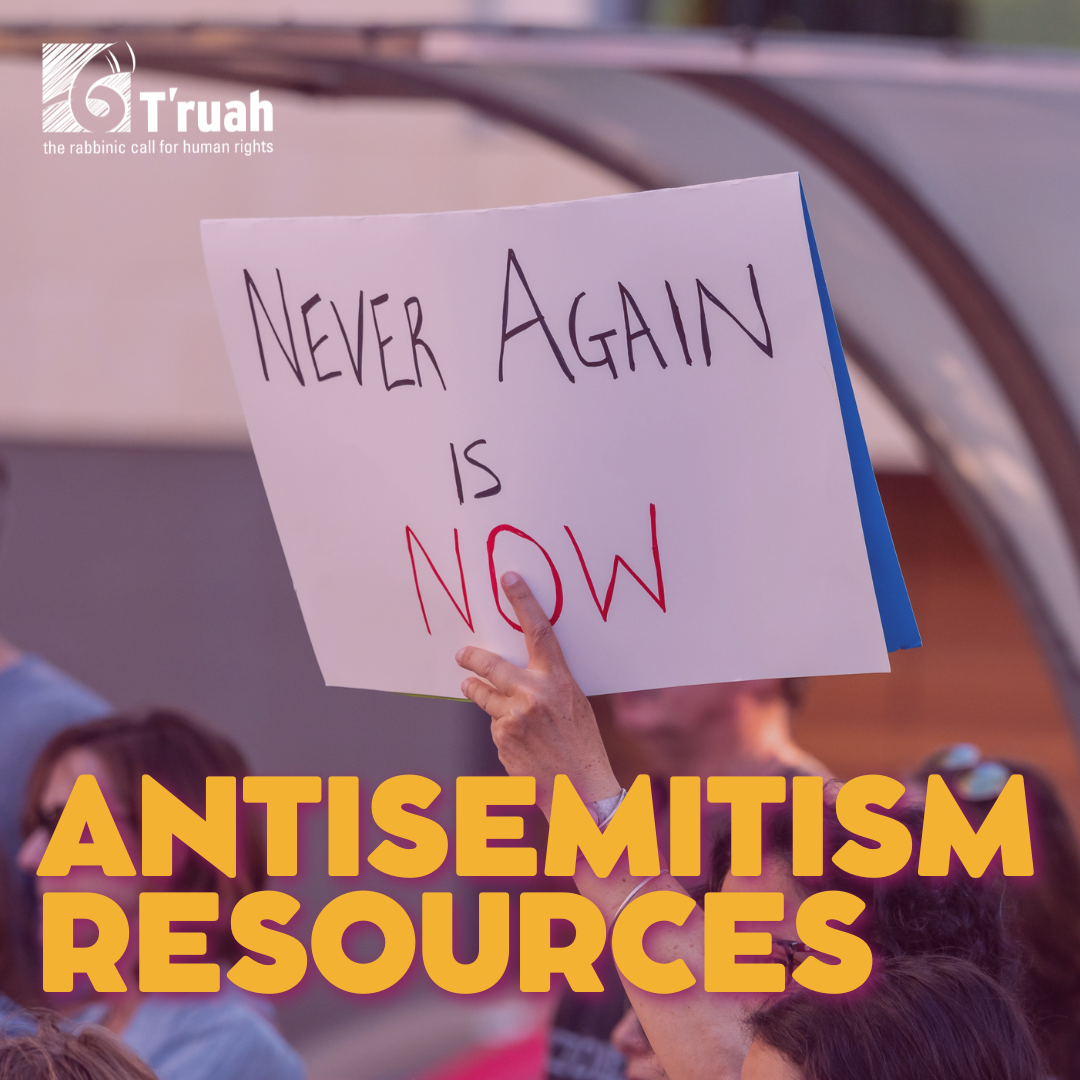Resources

“We Were All Once Strangers”: Emor and Inclusivity
A d’var Torah for Emor from community organizer Cole Parke. Coming out is a defining experience for most every queer person I know. This month marks 15 years since I first shared that part of myself publicly, and these days it’s a deeply integrated part of my identity — something that is far from secret,...
more

Loving Israel with all of my Jewishness: A Photo Essay
In words and photographs, activist Gili Getz explores his complex relationship with the State of Israel. A d'var Torah for Parshat Kedoshim and Yom HaAtzma'ut.
more
Lessons for Democracy from the Holocaust
A d’var Torah for Yom HaShoah. In many respects, World War II seemed like a triumph of democracy. When the Allies defeated the Axis powers, the world celebrated that democratic nations had been victorious against fascism. On May 8, 1945, Victory Day, Americans danced in the streets and threw confetti from the rooftops to celebrate...
more

“Now We Are Free”: But Who Pays the Price?
A d’var Torah for Chol HaMoed Pesach. “Let My people go,” God famously said to Moses. We usually don’t finish the quote, which ends “…so that they may serve Me.” Freedom, the rabbis say quite plainly, is another kind of servitude. The cheirut, freedom, that the Jews achieved on Passover (z’man cheiruteinu, the time of...
more

Where we go from here
A d’var Torah for Pesach by T’ruah rabbinic intern Frankie Sandmel and Dr. Abdul El-Sayed. This d’var Torah is based on Dr. El-Sayed’s remarks on the T’ruah webinar on March 18, 2020. The COVID-19 pandemic will, without doubt, be at the center of all our Passovers. No matter how you mark the holiday, the impact...
more

COVID-19 Seder Supplement
The supplement offers a discussion activity for the Four Children and a reading to deepen the significance of opening the door for Elijah.
more

The Sacrificial Artform
In this d'var Torah for Parshat Tzav, novelist Ruby Namdar reflects on the power of sacrifice and sacrificial imagery.
more

Everybody Hurts: Learning from Leviticus to Reclaim Public Ritual Repentance
In this d'var Torah for Parshat Vayikra, Rabbi Amichai Lau-Lavie examines our ancient tools for healing transgressions.
more
And they Assembled
A prayer for Shabbat Vayakhel-Pekudei 2020 in the midst of the COVID-19 pandemic.
more

Restoring the Dignity of Refugees Should Be Part of Living in a Democracy
Sabrina Lustgarten, Country Director for HIAS in Ecuador, writes that Parshat Vayakhel emphasizes "the importance of harmonizing wills to achieve a common good."
more



